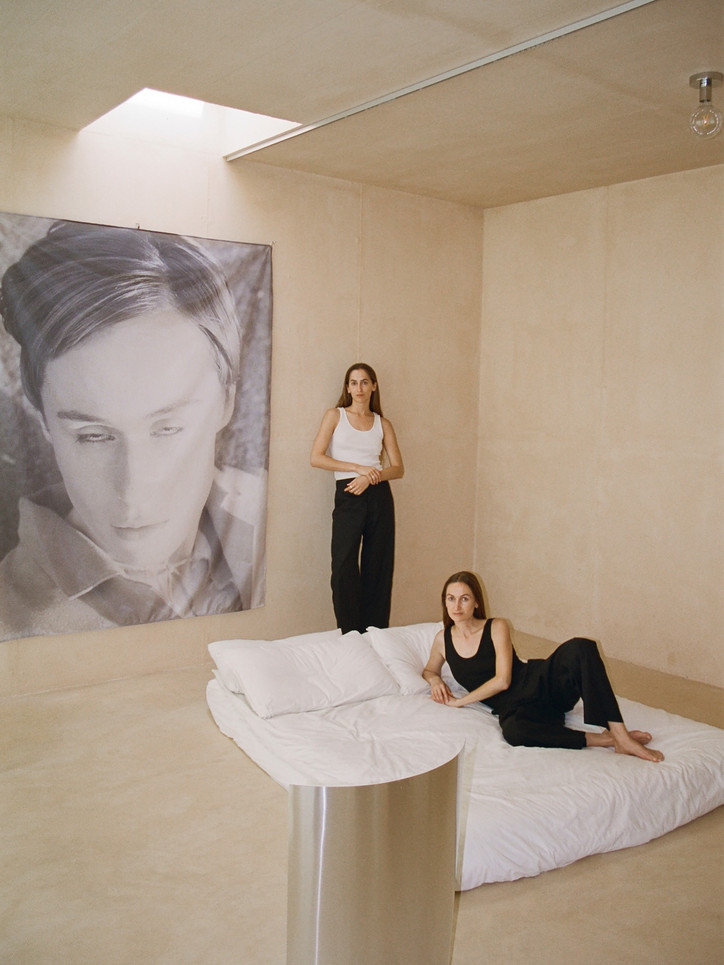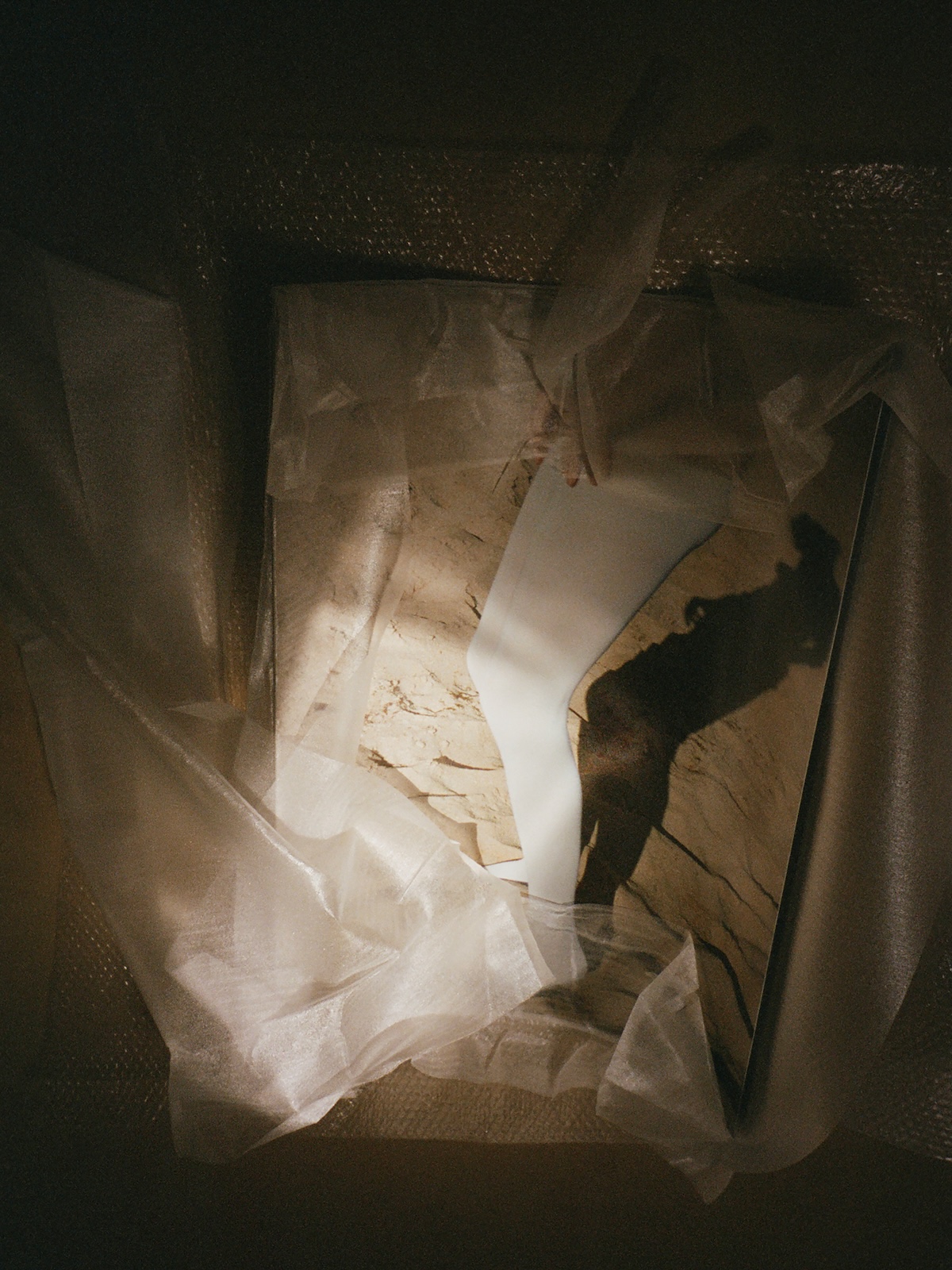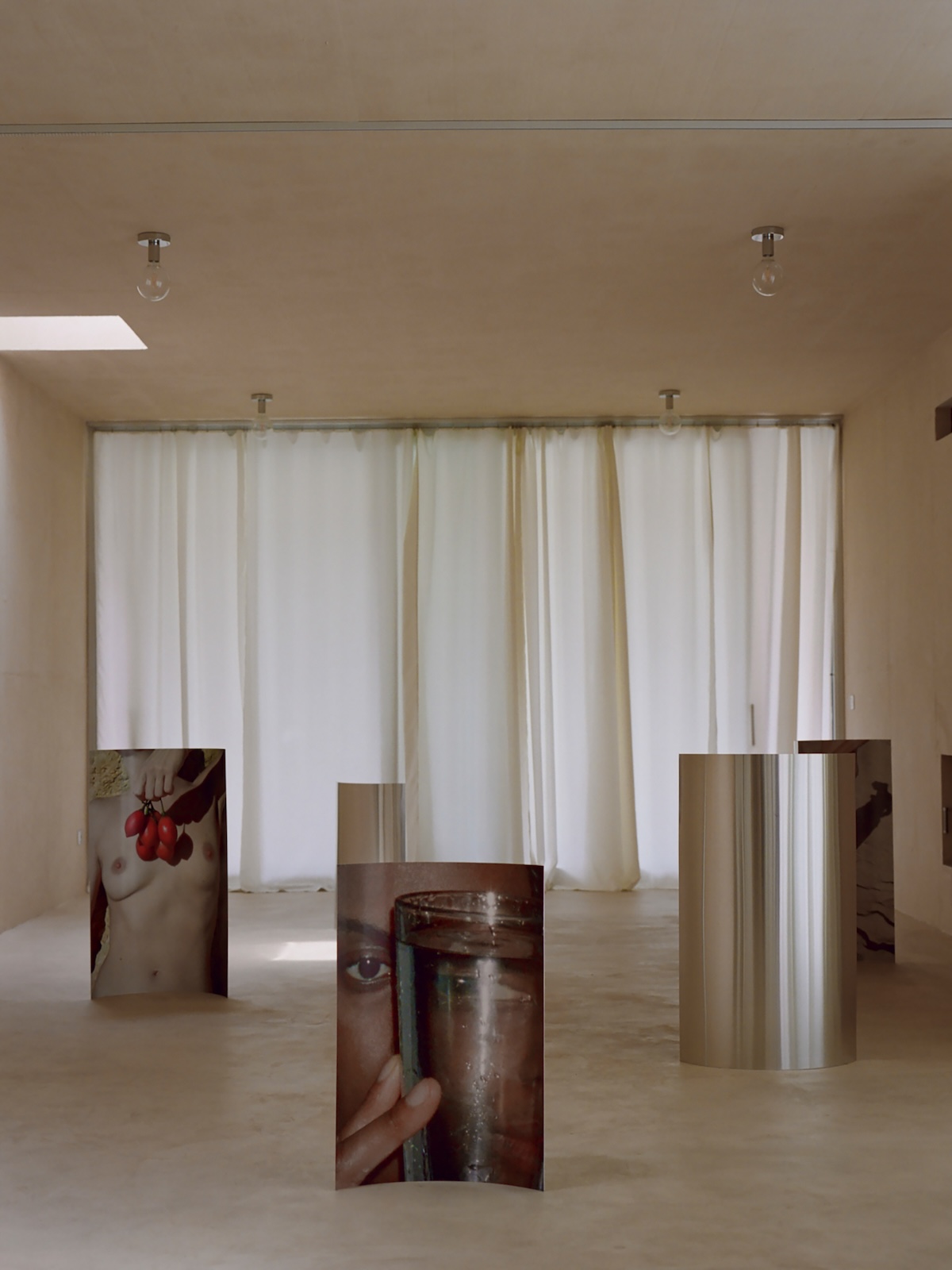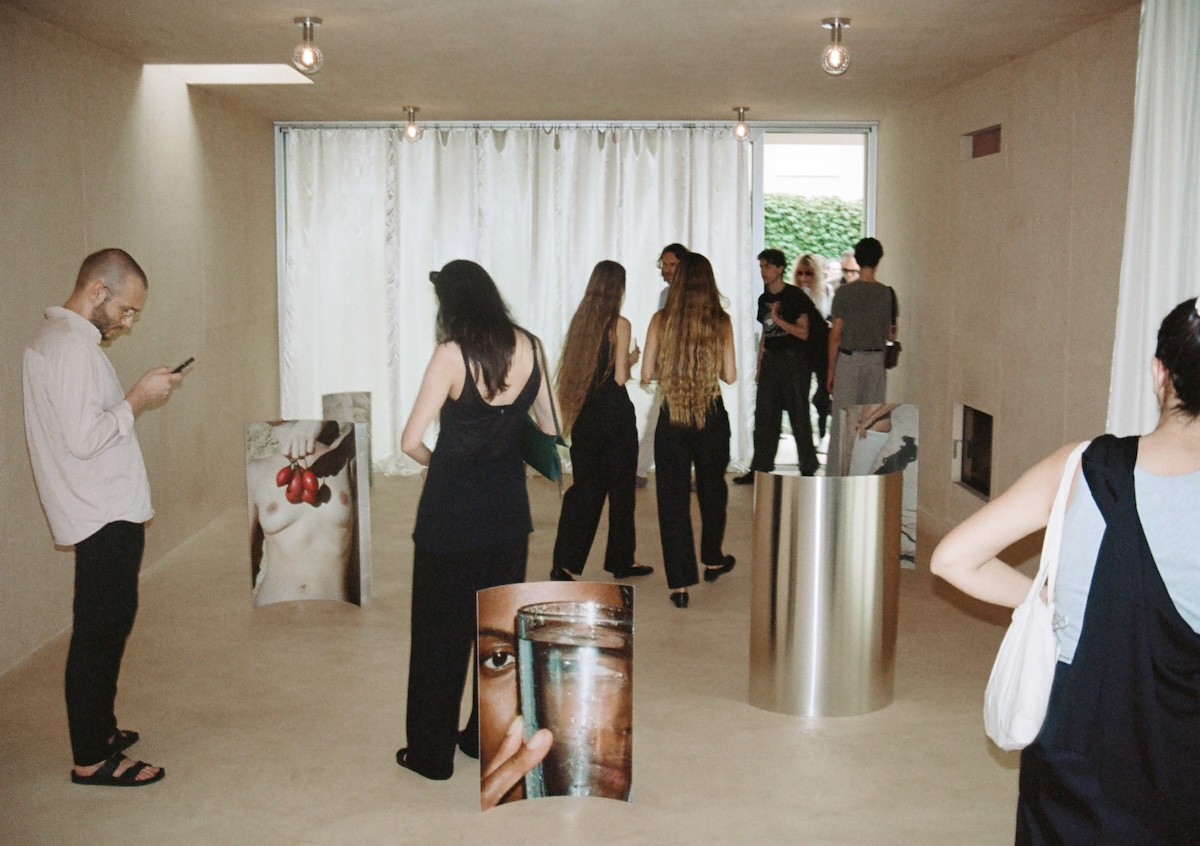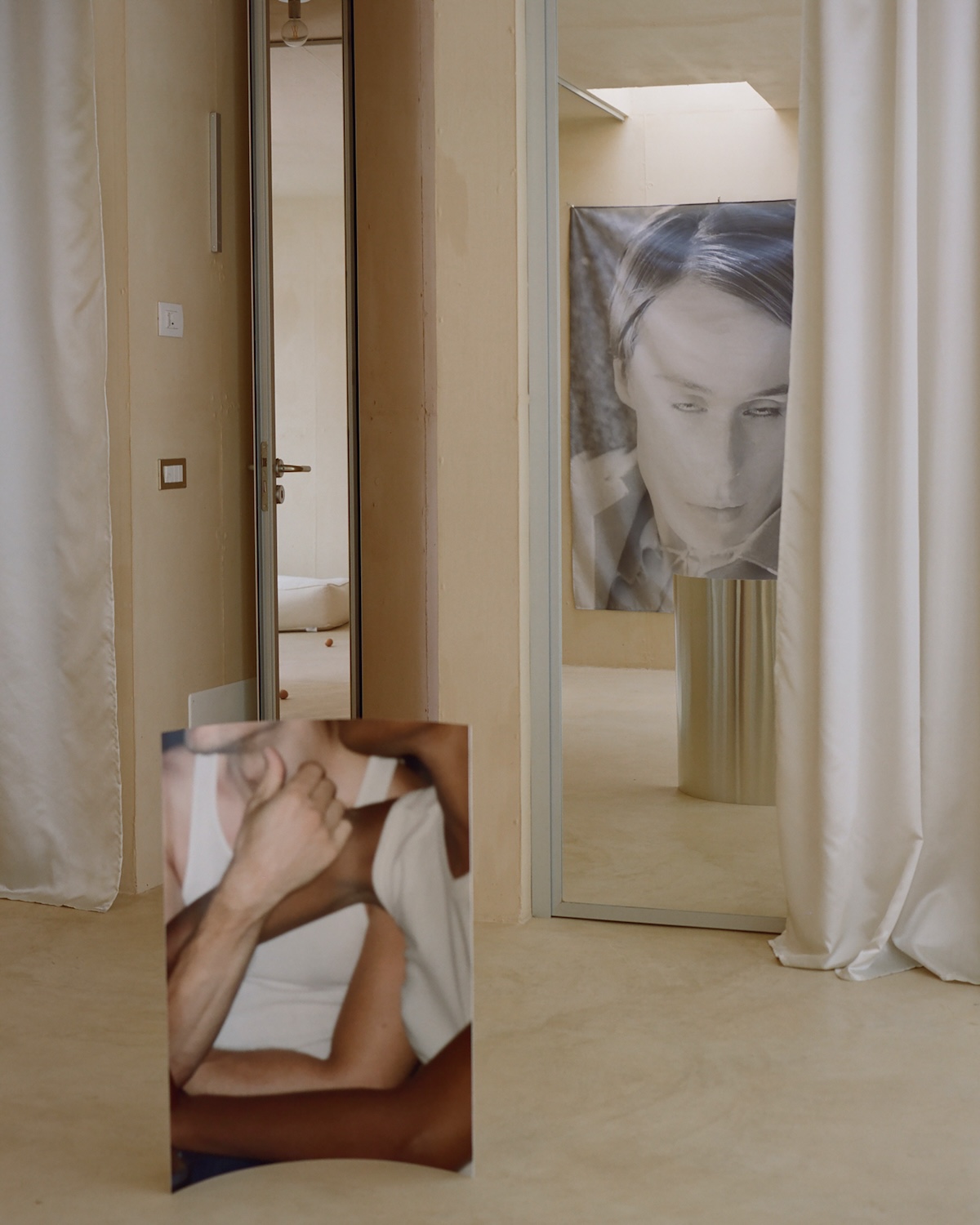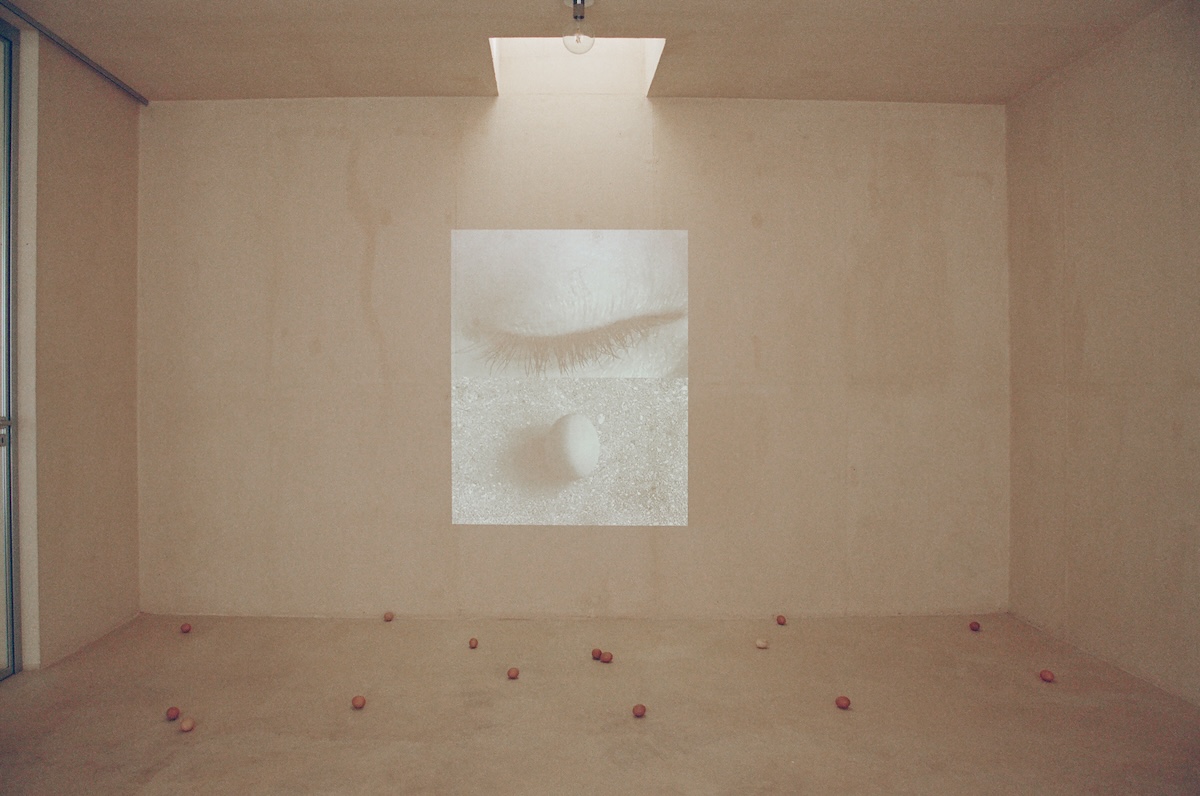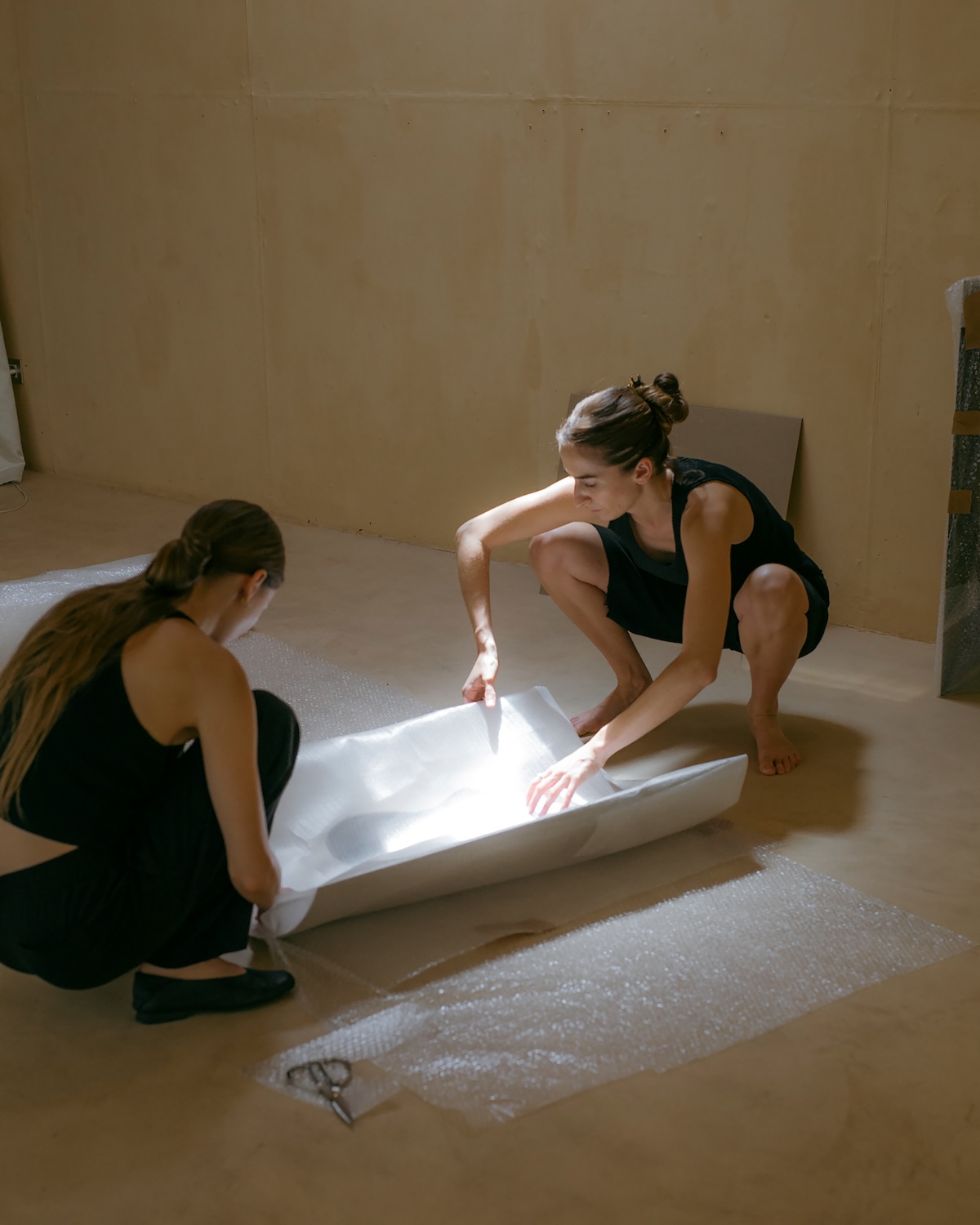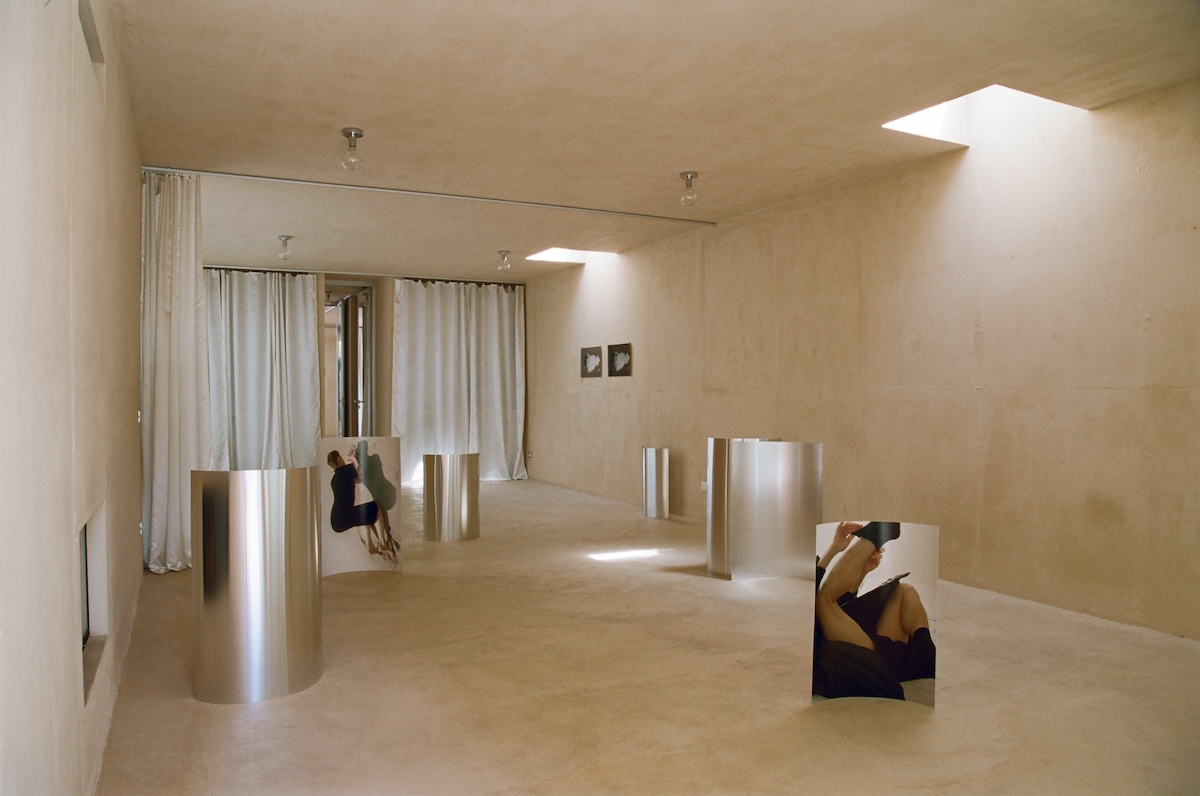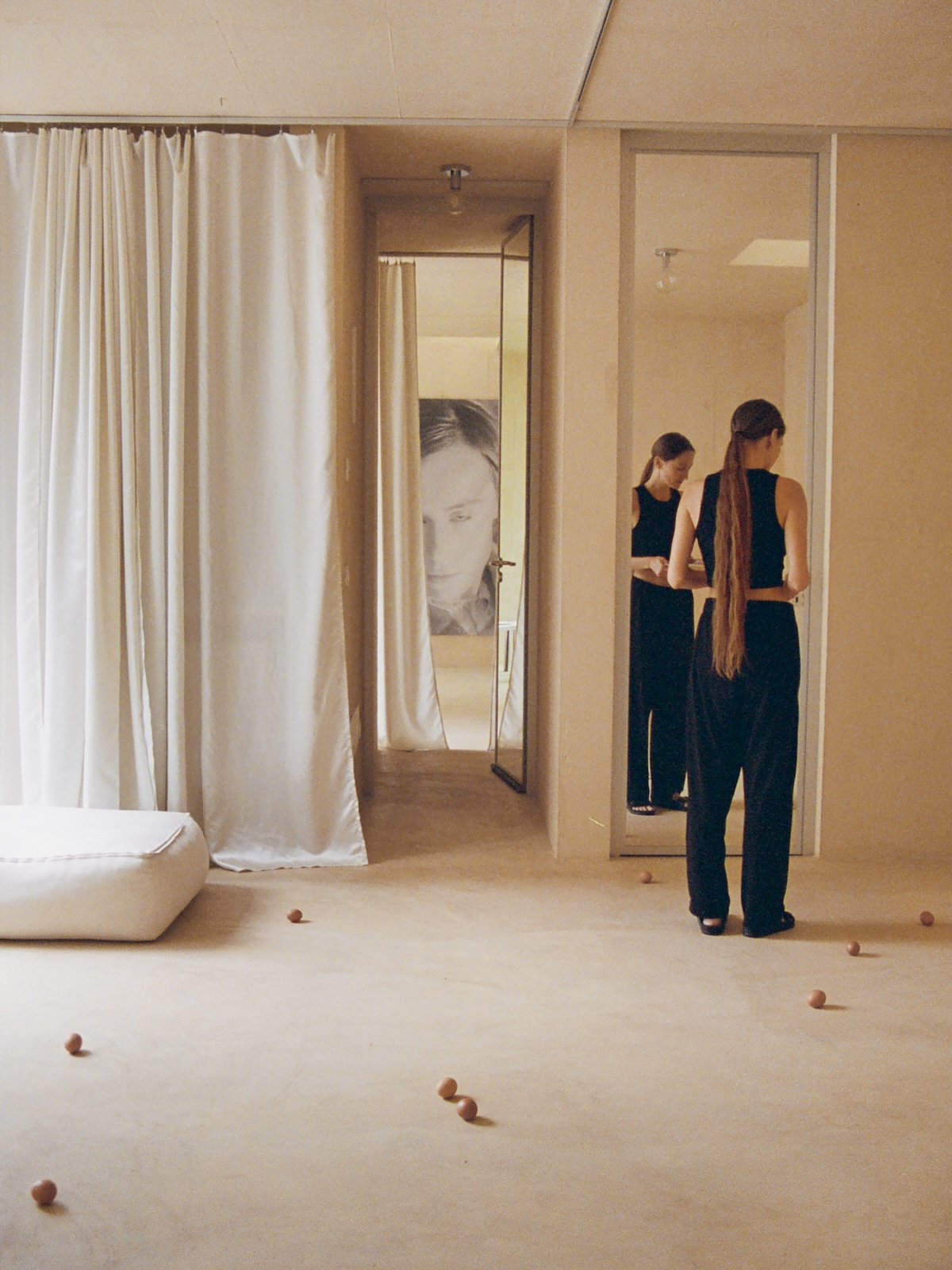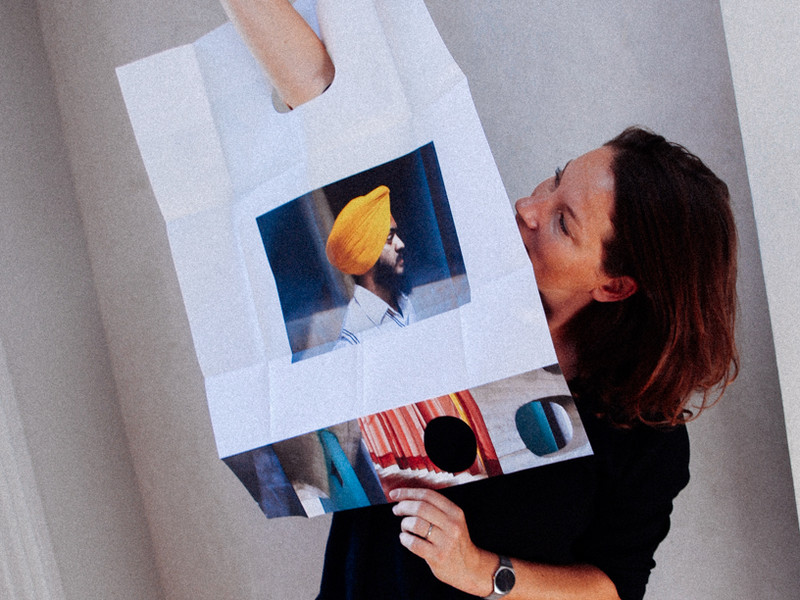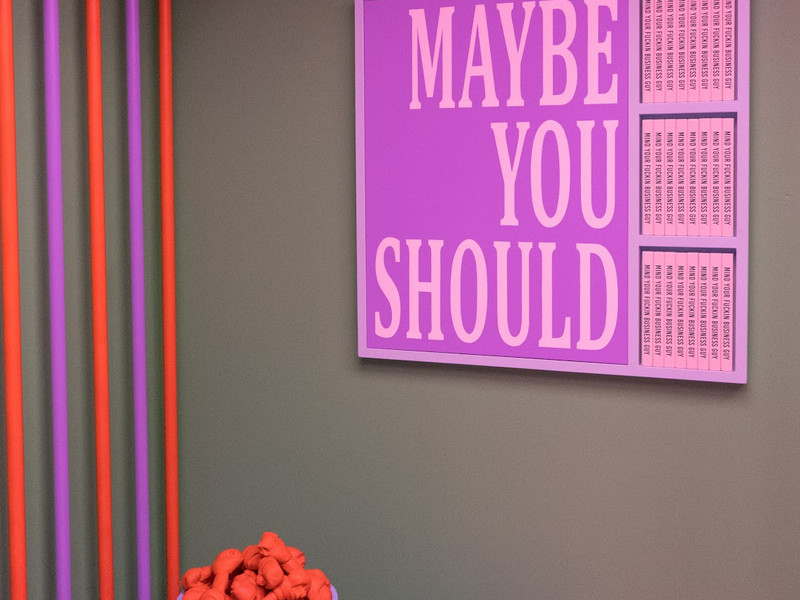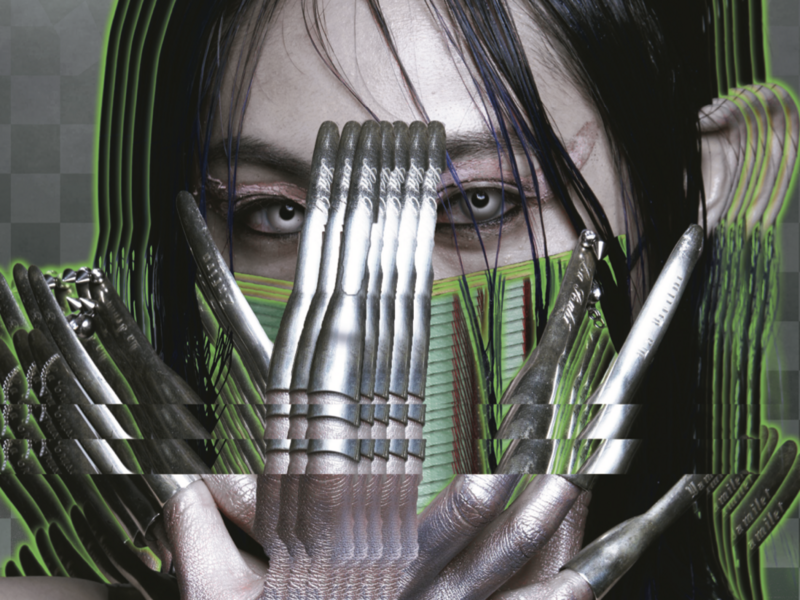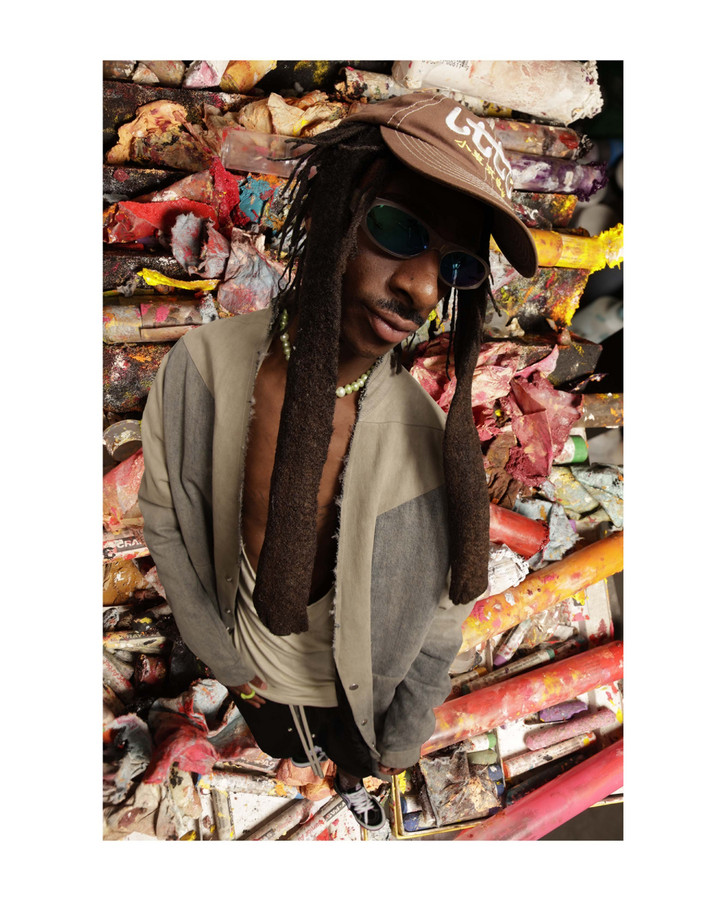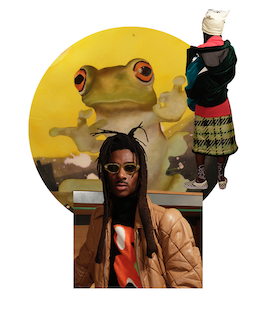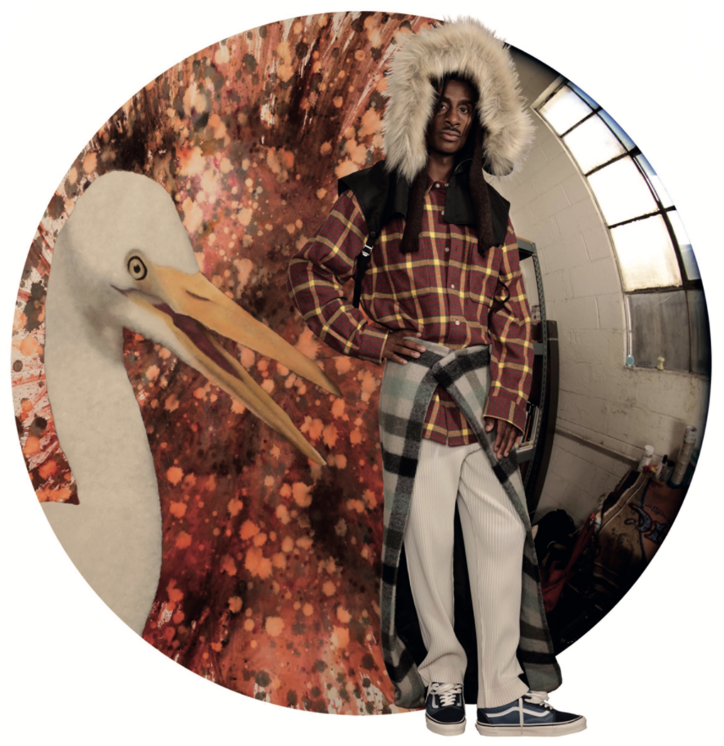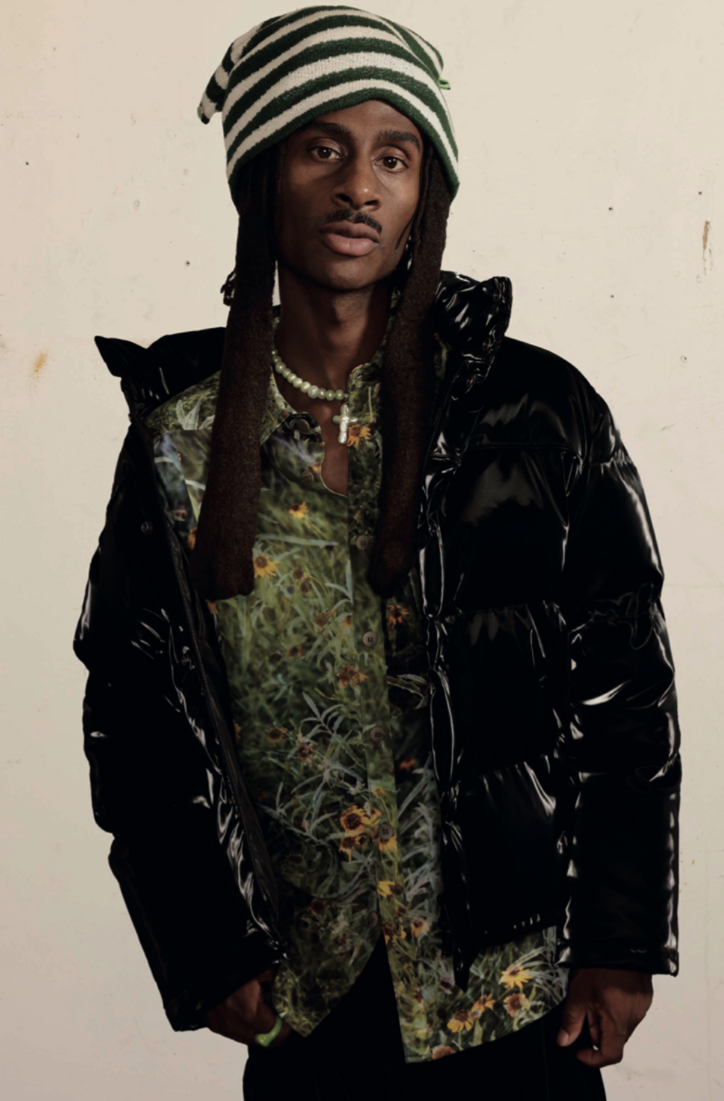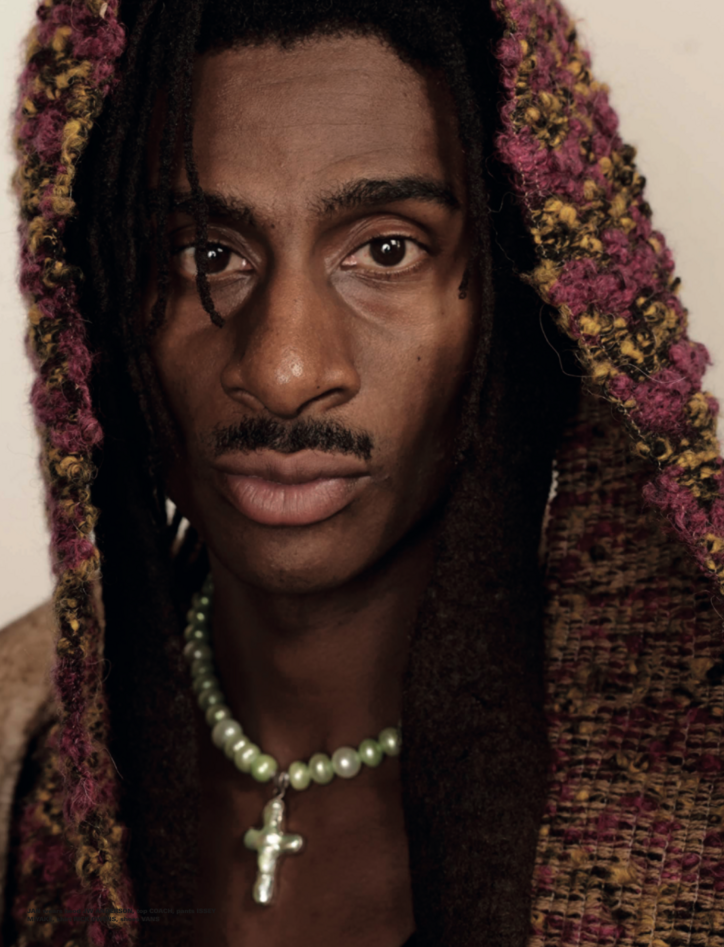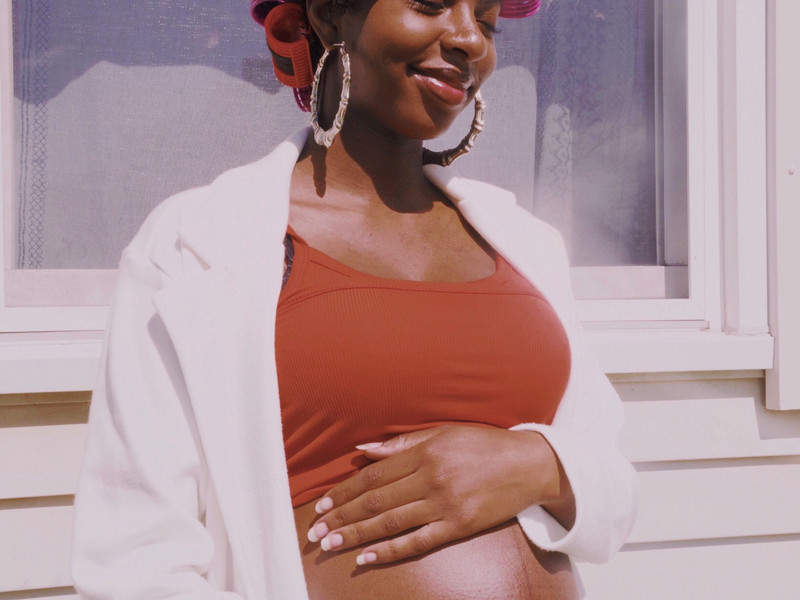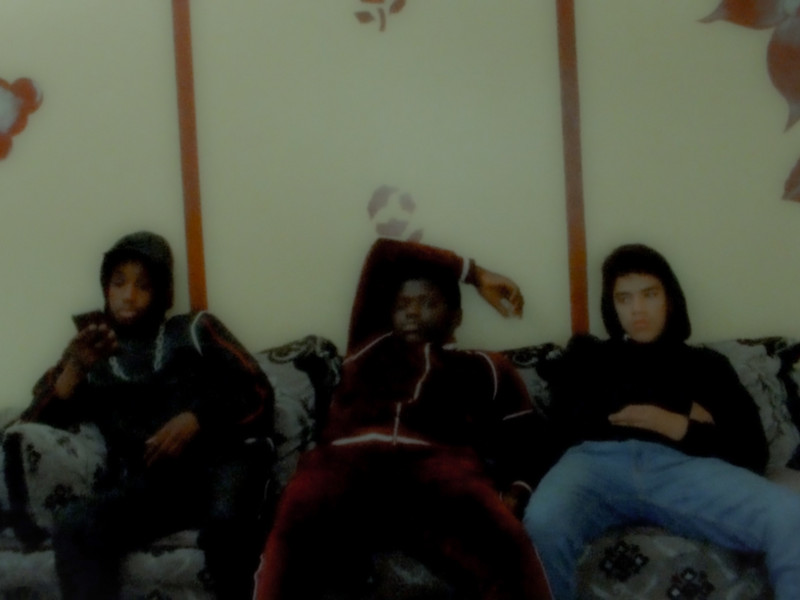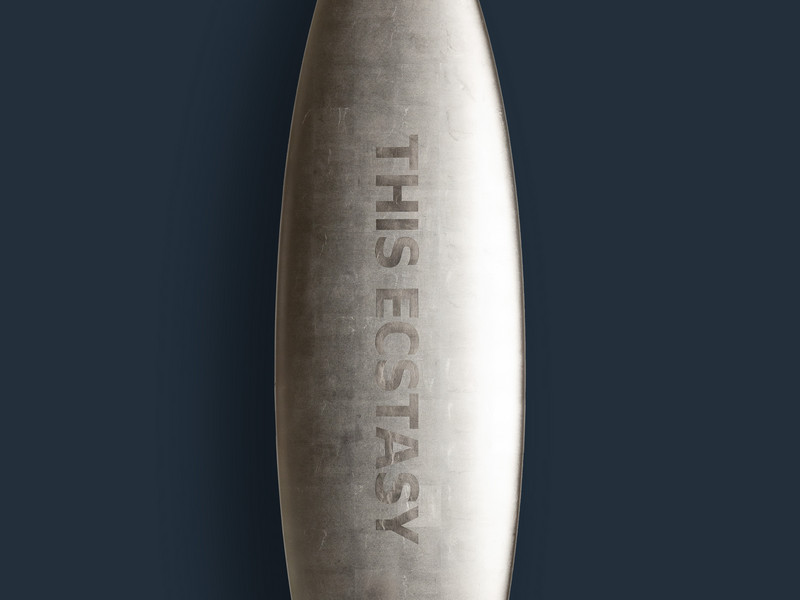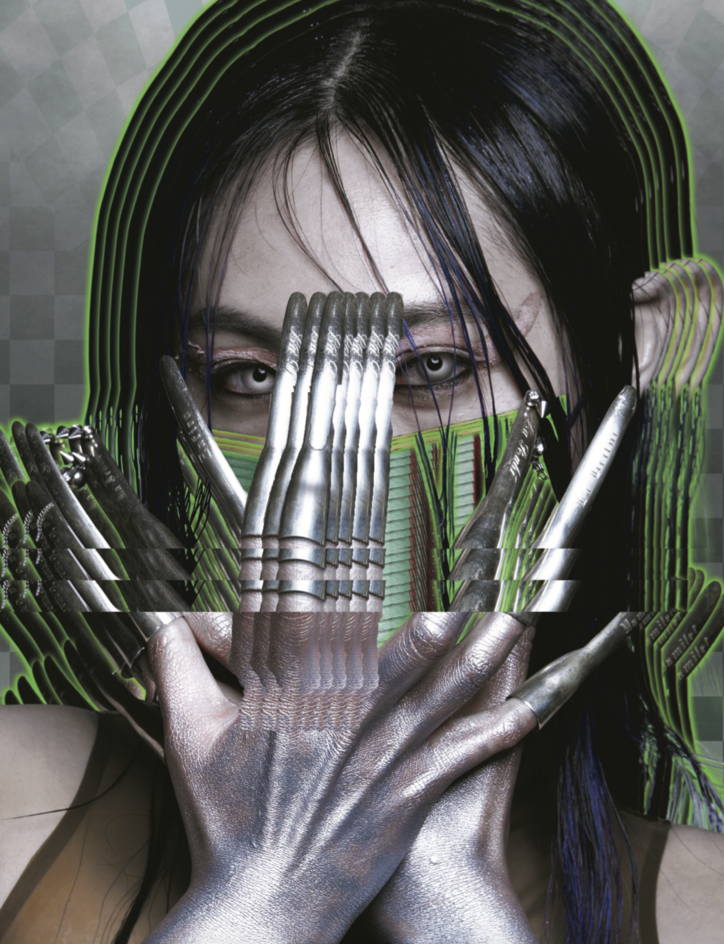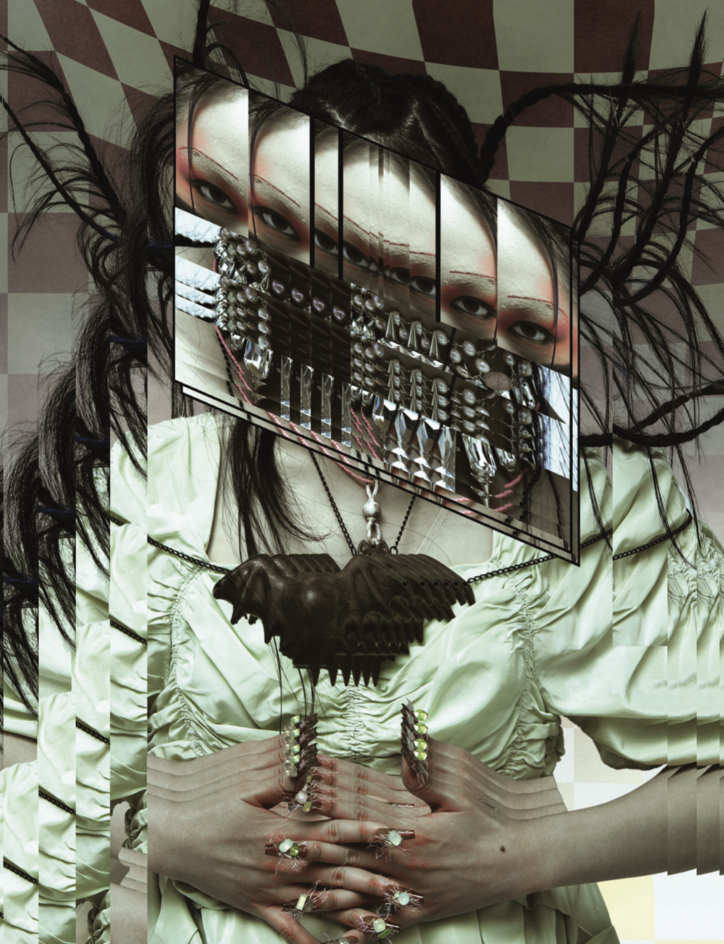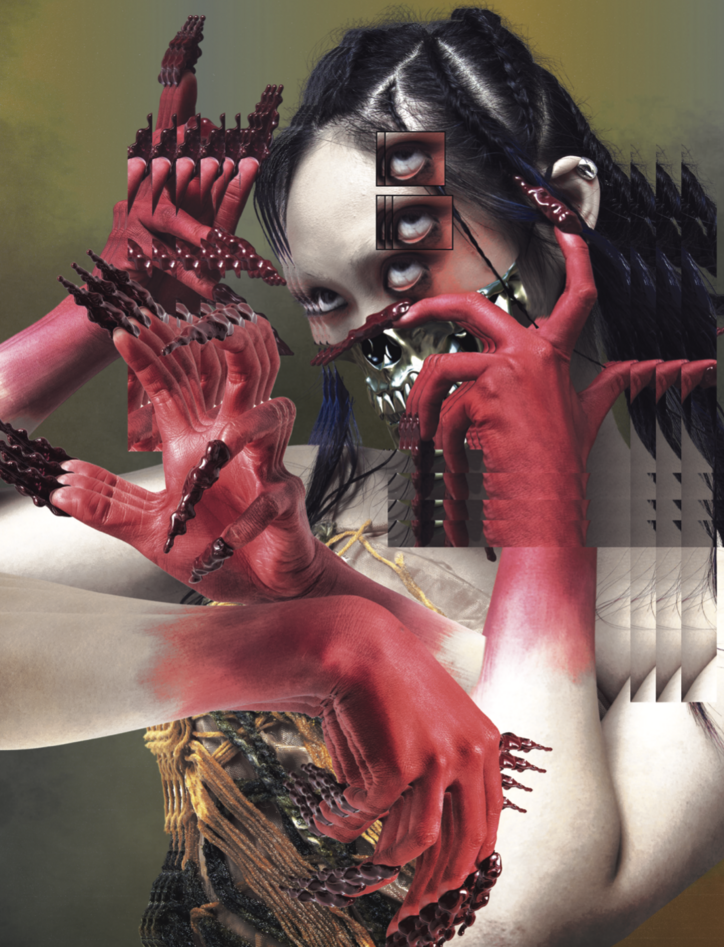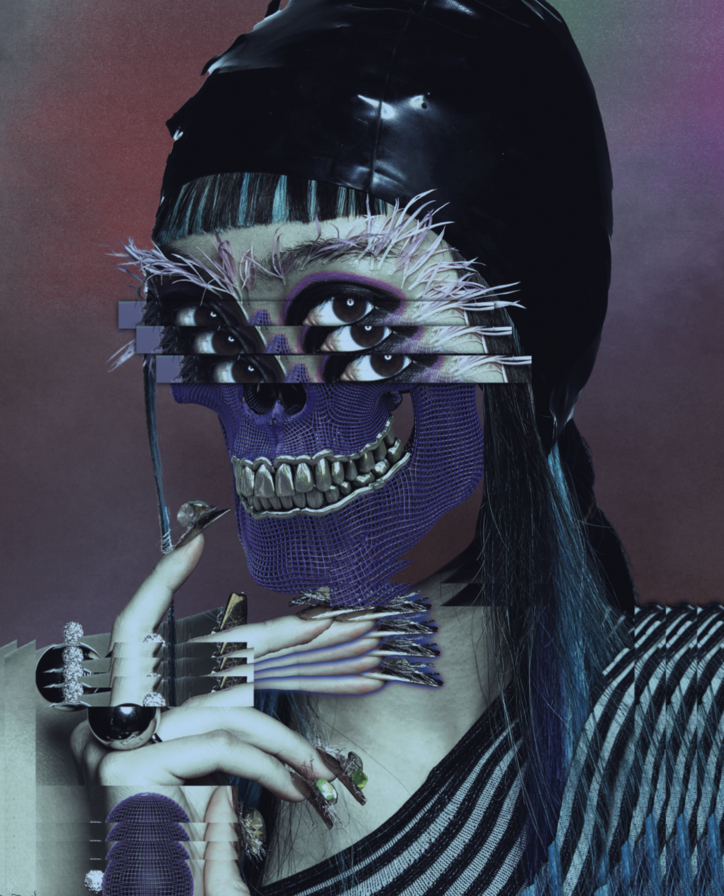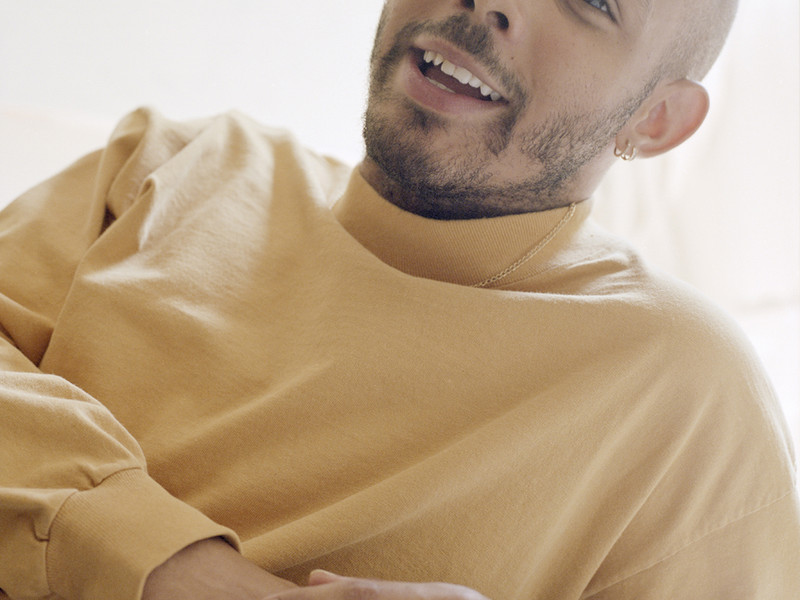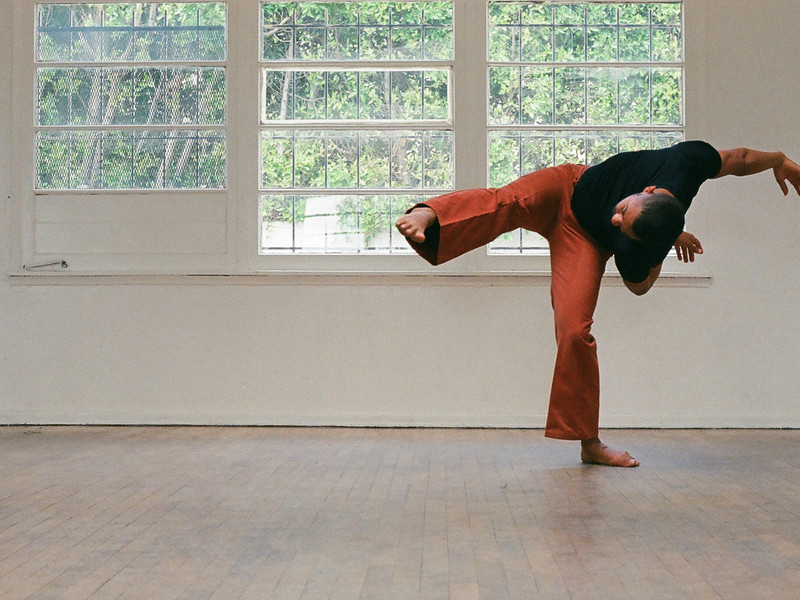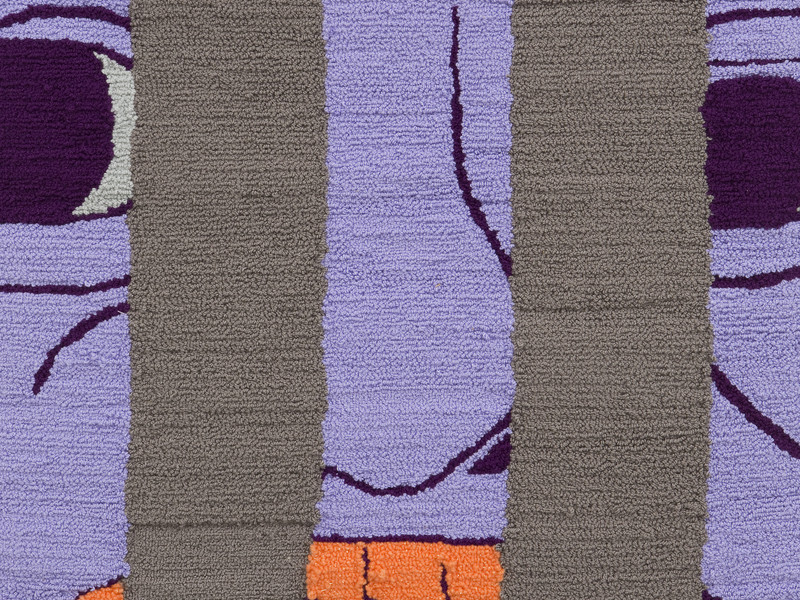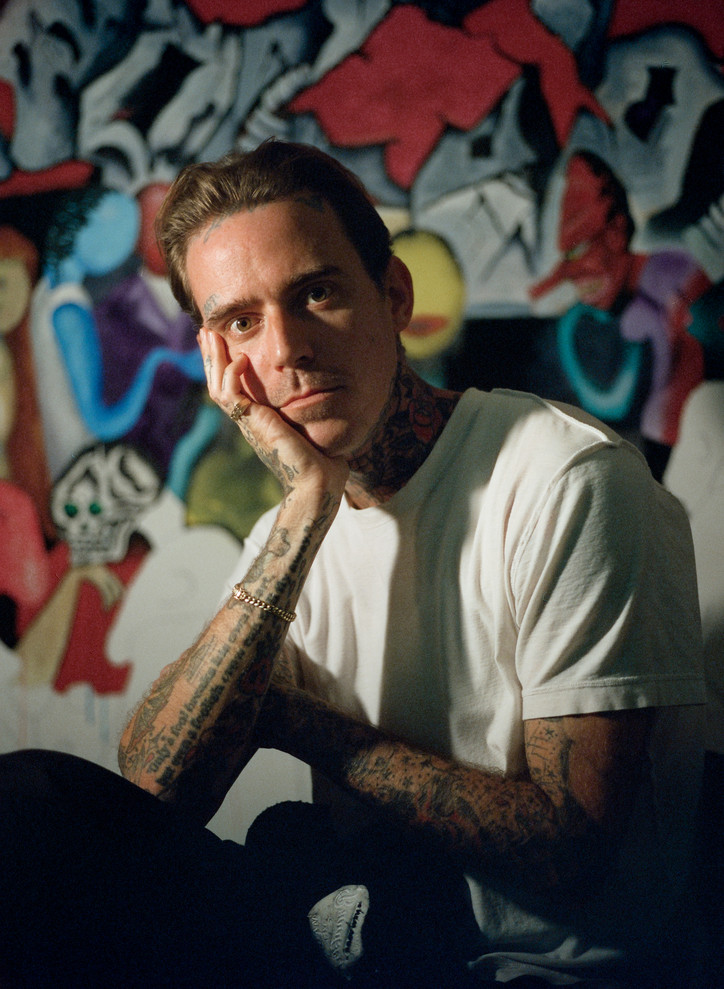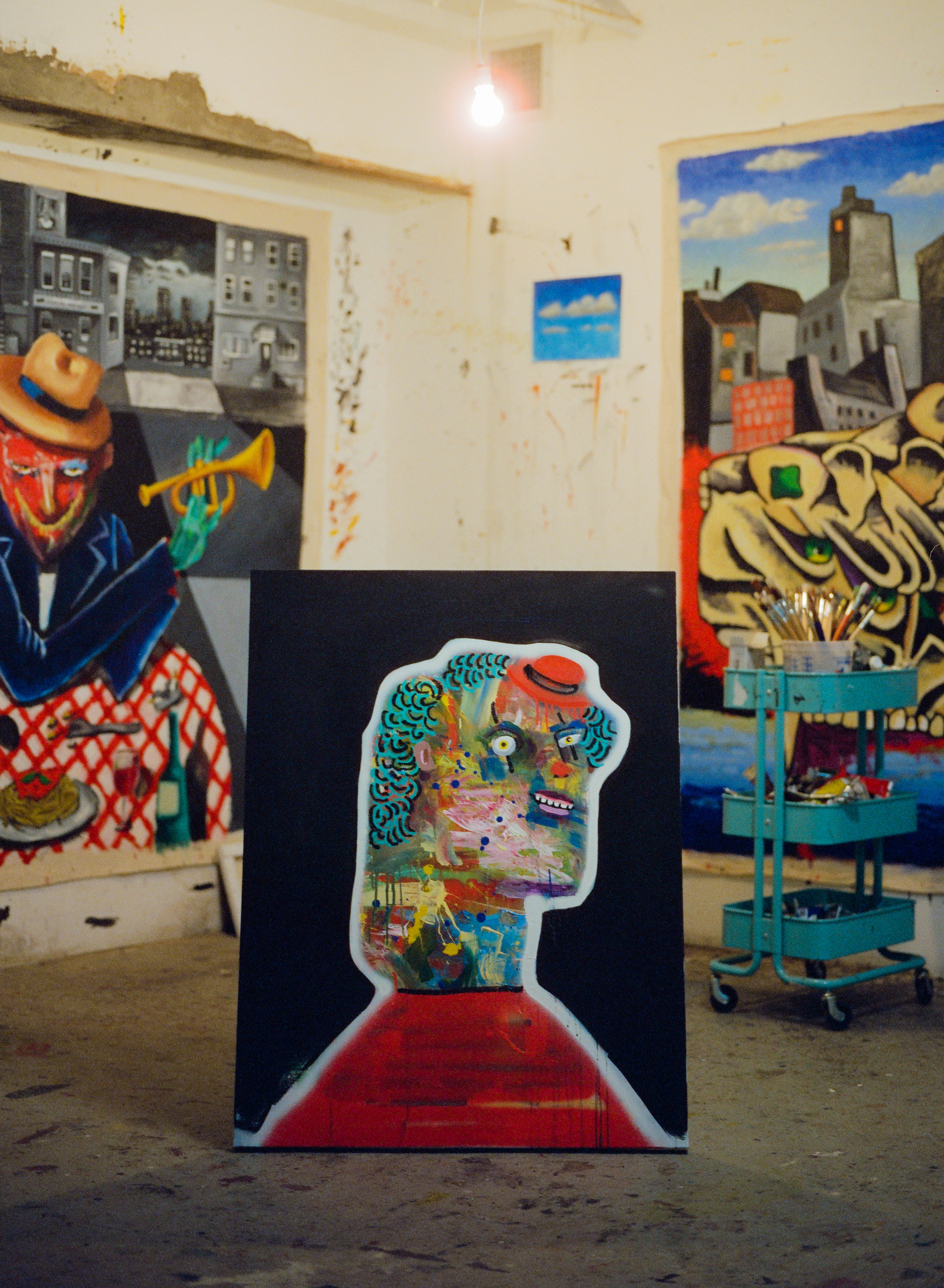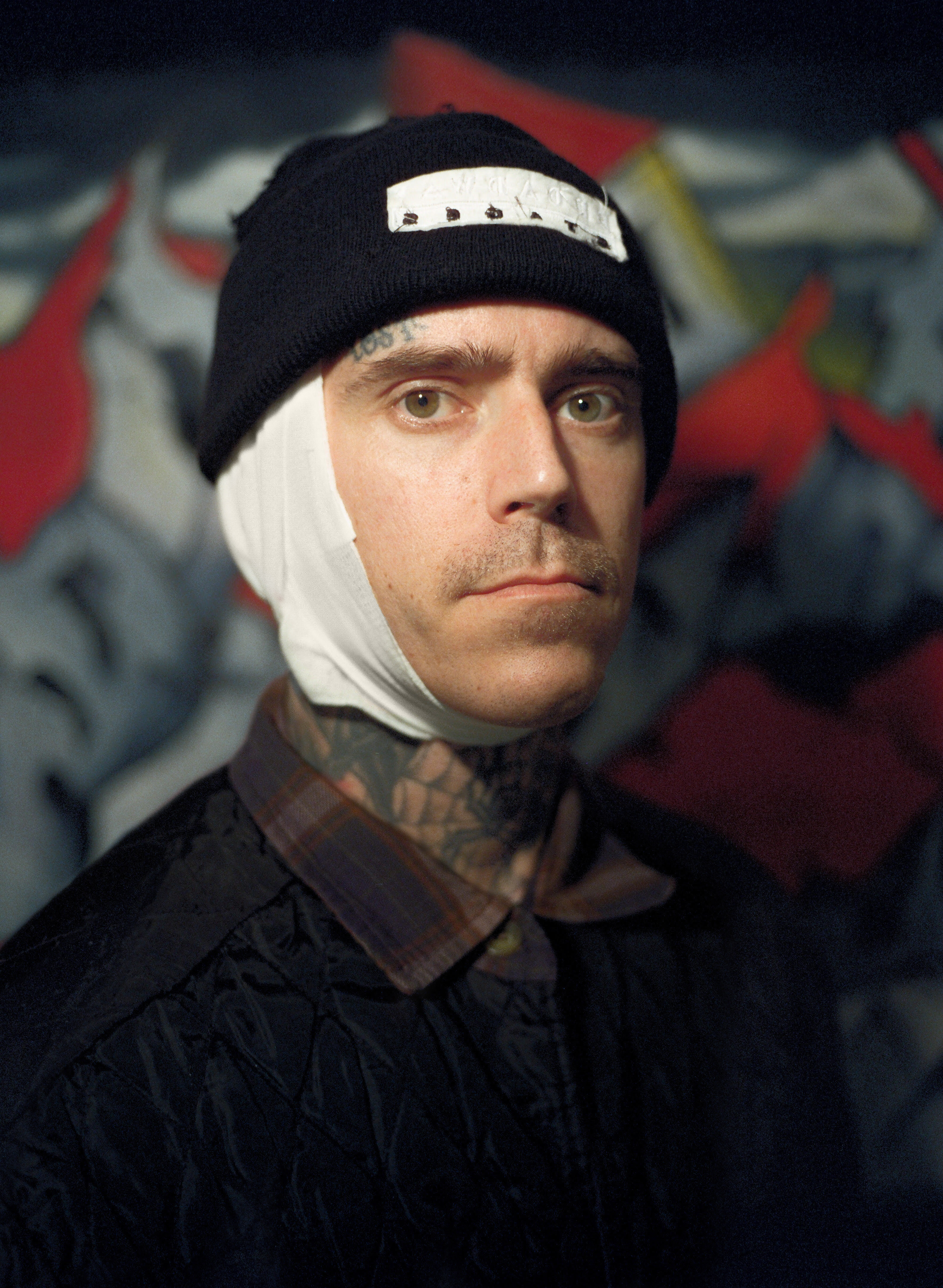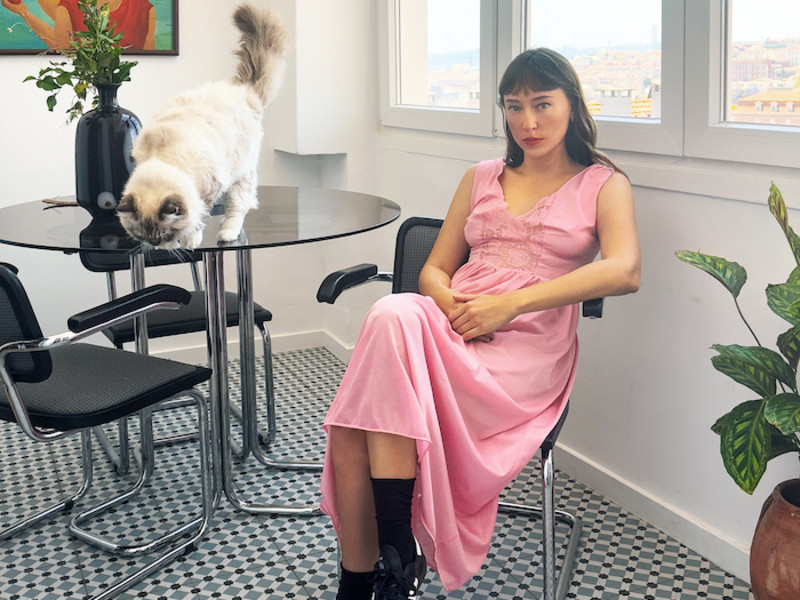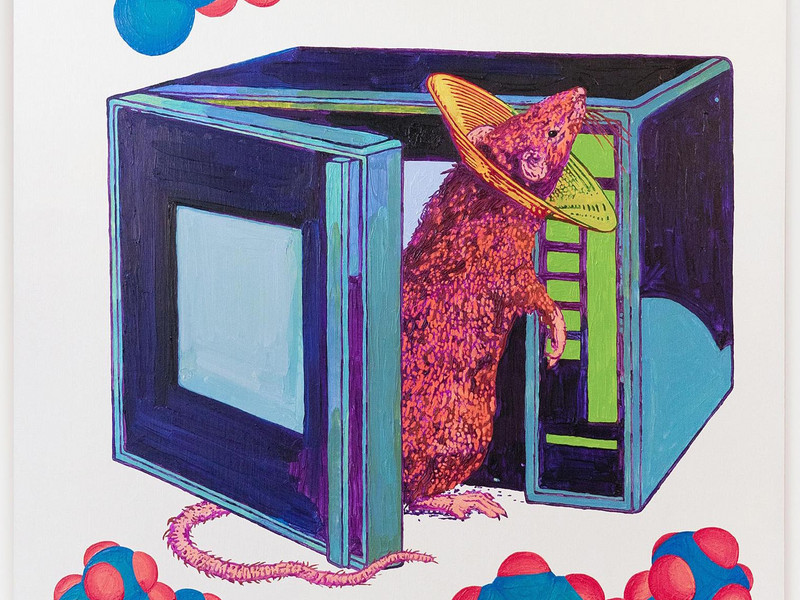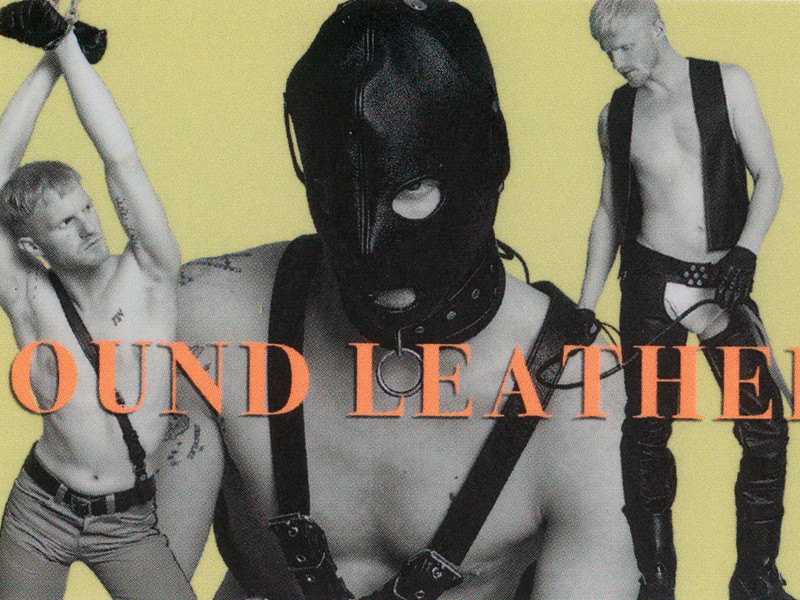I find a lot of creative people’s work was shaped by their childhood experiences. Does the surreal quality of your paintings have roots from that time?
All Seeing Seneca – I loved horror, and I loved dark things when I was very young. And honestly, this is something that took me a long time to come to terms with, but I suffered through a lot of lucid dreaming. And I say suffered, because people generally think that lucid dreaming is fun and cool. But for me, I had nightmares every night. And I was so conscious of it, and it was so draining. And this might get a little bit morbid, but I think it was a matter of a bit of mental illness. And I killed myself every night as a kid.
Why would you consider that a dream as opposed to a nightmare? If that happened to me, I would classify that as a nightmare.
I think I just call it dreams in general because the type of dreaming — lucid dreaming — is very specific, because you're aware and then you have control over it, as opposed to letting the dream take you places. And because I was traumatized every night, I was trying to figure out how to leave my dreams every day, and that consumed my life and consumed my thoughts. I was fascinated by why this was happening to me. I just was more concerned with my imagination than being present.
What did you do to cope with your dreams?
I come from a very creative family, and they also taught me about visual arts. And maybe that also added to why I express myself the way I do through drawing and painting. There were times when I told my mom, “I suffer. I have nightmares every night and they’re special kinds. I see things and I hear things.” She said, “you should draw it out.”
What did these initial illustrations look like?
I drew a lot of comics as a kid, and not all of my art is dark, I will say. But I do recall, just, it's all made up, and there's nothing from reality. And my mom actually told me recently, she's like, “you know, you used to draw these big-eyed girls with stuff in the eyes.” And I'm like, “really? I had no idea.” So it feels like a full-circle thing. I wasn't even conscious of it. I didn't remember. I have no recollection.
Why are these eyes pervasive in so much of your work? They seem to be a canvas for you to distort them, or fill them with objects and other kinds of images.
I was exploring this portrayal of how I felt as a kid, no mouth. I didn't speak much as a kid. I was pretty much partially mute. It was all about the eyes, because that's how I felt as a kid. I was very withdrawn, so I would just sit there and mostly observe everything going on around me, and also observe what was going on in my head. I think in some of my drawings, I am drawn to the mouth, but this is something that I explored in some of my physical work, like non-digital work, where I'm like, okay, that's how I view myself as a kid. And sometimes it makes me very emotional, like, staring at that portrait of myself.
How do you want your spectator to feel?
That's really hard to answer. Good question, though. I think that for me in particular, I don't want to dictate what my audience feels for the most part, especially with my personal work. I think it's different if I create a concept, I'm like, okay, I'm trying to create an experience. These are much more intimate with my own personal life. And so, if people find a connection between my story, my work and them, then that's wonderful. But that's not everything for me, for this body of work in particular.
You went to Rhode Island School of Design, and you learned traditional ways of creating art, but you've decided to become a digital artist. What do you like about the media?
I started digitally painting way before that. This was before I had found out you can draw on screen. It was kind of like Microsoft Paint, and just really clicking with that medium.
I’ve used Microsoft Paint, but it was hard to learn [laughs].
I know. I used the trackpad and the mouse, and you make do. I don't know why it just clicked with me. And I guess when you grow up in the age of technology and the burgeoning new inventions, like social media and whatnot, then you start to kind of live in that world. I was somewhat trained traditionally, I went to RISD, and I love that experience. But I think it was important to know and respect tradition. I love painting, I love drawing, I love designing. But then also not ignore digital art. I remember the last year, for our senior project, one of the teachers forbade us to use the digital medium. And I really disagreed with that. However, I do love painting, and I still do that. But am I really passionate about digital art? I am. Web3 champions the technology behind NFTs, and works so much in the favor of digital art. However, I still make traditional work, so I want them to be seen as equal to each other.
When I first started writing, a lot of my work was published online, and there were a lot of people who were naysayers about written work published online, that it wasn't as good as print. And so, I still remember people saying, “oh, this online thing is going to blow over.” But obviously, it didn't. Do you feel like we're kind of at an inflection point to the rise of digital art ?
Yeah, pretty much in the past year. You're talking about the technology of NFTs when it was put on the grand stage and connected with culture. We're right at the beginning of it, and I am not the spokesperson of it. I can only say why it makes sense for me, and my journey into NFTs, and why I decided to go full force into that. It's a technology that is so new, but the genie is out of the bottle. You cannot put it back in. Same thing with the Internet and being online. It's not a trend. There's so much you can do with it, and people are going to find ways. And I do believe that it will integrate more into mainstream culture.
